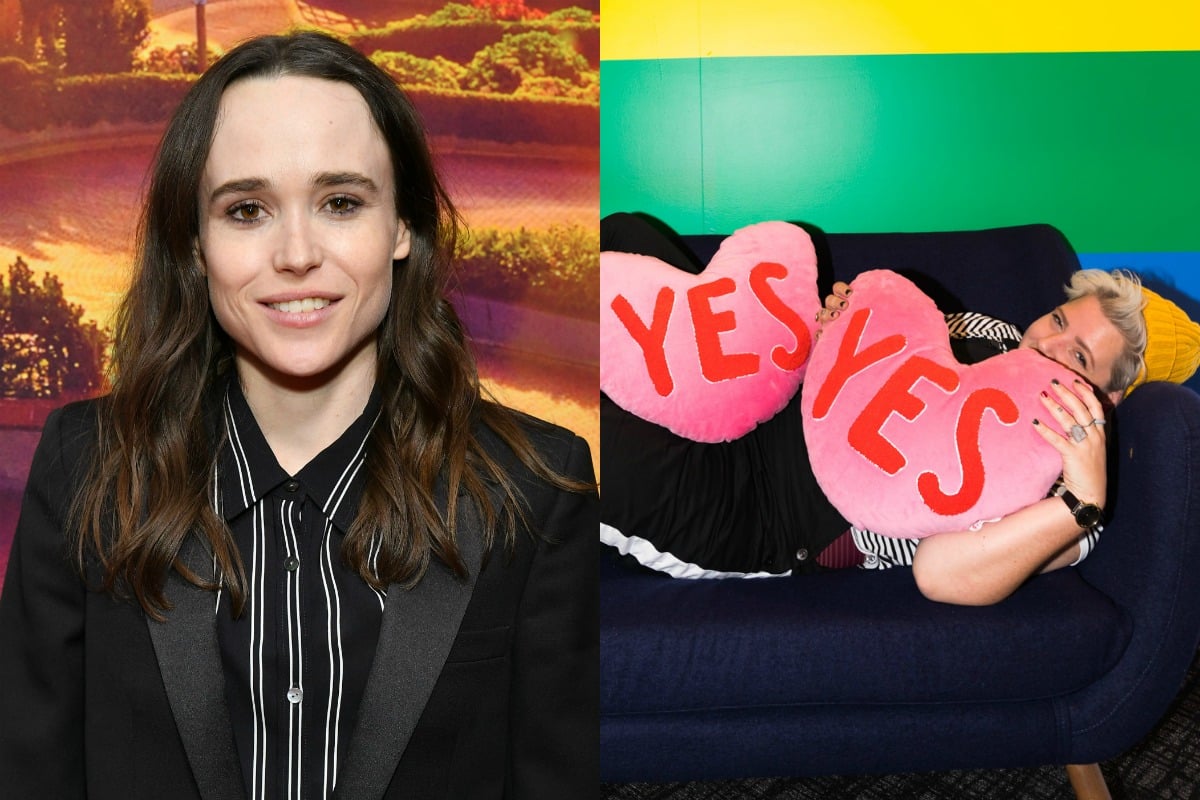
Today Elliot Page, Oscar-nominated Juno and Umbrella Academy actor, announced he is transgender – and I’m proud. Like his character Vanya on Umbrella Academy, Elliot Page is a superhero.
As a non-binary person, I acknowledge how important and powerful it is to have Elliot Page make this statement to the world. It is by no means an easy one. Although many trans and non-binary people live healthy and happy lives, we are represented disproportionately in relation to mental health issues; we are at higher risk of suicidal behaviours than our peers; we experience greater levels of domestic violence, and homelessness.
My name is Bobbie, I am the Senior Manager of Advocacy at YWCA: an Australian feminist organisation. A place where our evolving intersectional feminism advocacy aims to be inclusive for cis-women, trans-women and non-binary people. My pronouns are they and them, but I prefer to be referred to as just Bobbie.

Top Comments